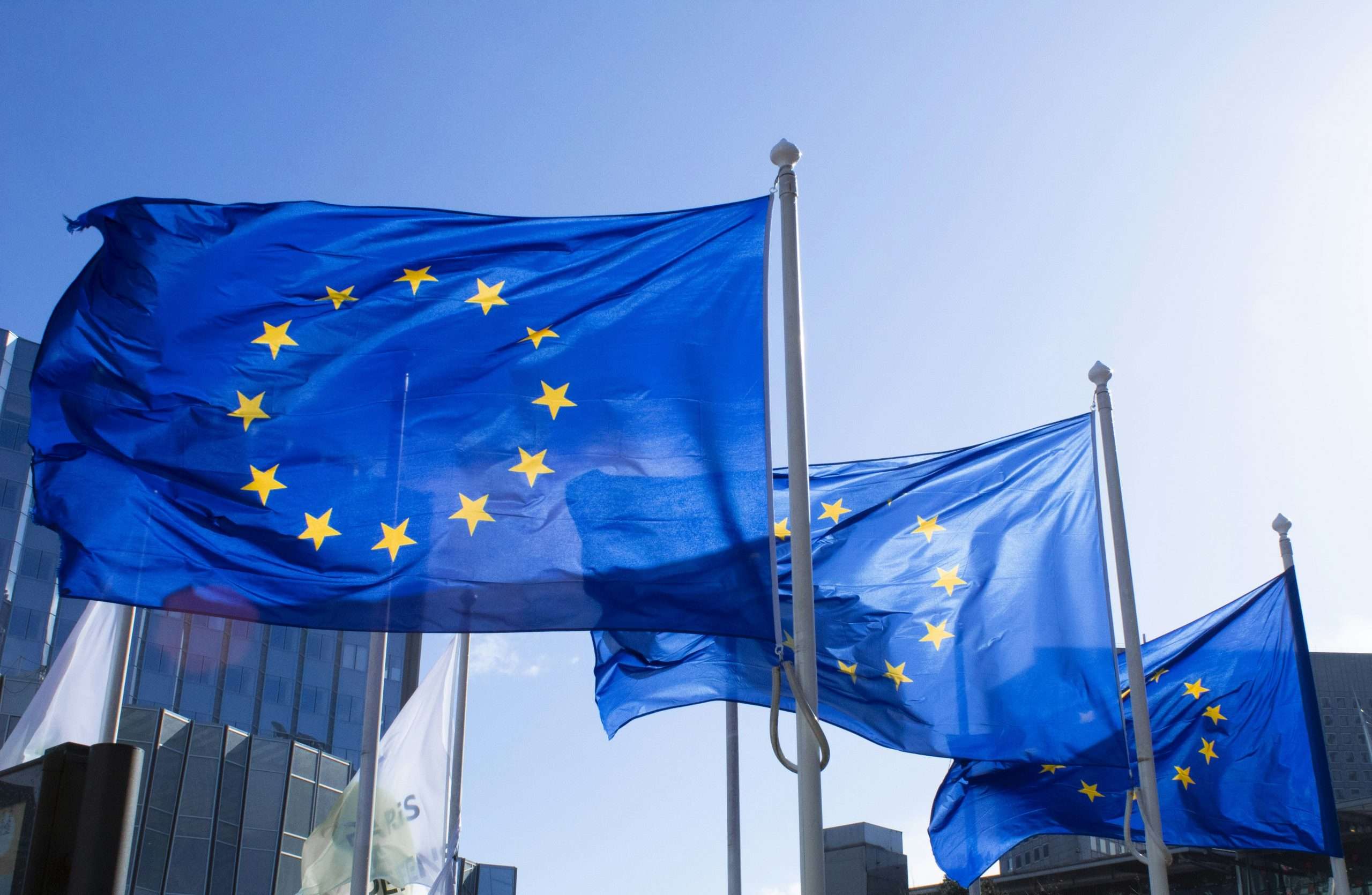Unlocking the Future: How the EU’s Omnibus Package Will Transform ESG Reporting
The European Commission’s recent Omnibus Simplification Package, introduced in February 2025, aims to streamline sustainability reporting obligations for companies across the EU. This initiative seeks to enhance competitiveness by reducing bureaucratic hurdles, though it has sparked a debate about its potential impact on corporate accountability and sustainability efforts.
Overview of the Omnibus Simplification Package
The Omnibus package comprises two key proposals: the ‘stop-the-clock’ delay and the ‘simplification proposal’. Annemarie McCurrach, head of marketing at Greenomy, noted that these directives aim to adjust the implementation timelines of pivotal sustainable finance legislation while fundamentally altering ESG reporting across the EU.
Objectives of the Proposed Directives
- Delay implementation timelines for key sustainable finance legislation.
- Shift from mandatory to voluntary reporting for many companies under the CSRD and EU Taxonomy.
- Reduce regulatory and administrative burdens by creating clearer, more coherent rules.
Inspired by the Draghi report, this package is part of the broader Competitiveness Compass introduced earlier this year. The report emphasizes the need for enhanced legal certainty and streamlined regulations.
Implications for Corporate Reporting
While the European Commission argues that simplifying reporting obligations will boost EU competitiveness, McCurrach suggests that the practical implications remain unclear. She stated that although simplified requirements might encourage greater ESG reporting among SMEs, the absence of sector-specific guidance could reduce comparability in high-impact industries like manufacturing and energy.
Concerns About the Proposed Changes
- Potential confusion regarding reporting requirements among companies.
- Risk of diminished quality and quantity of sustainability data across the EU.
- Challenges for investors in assessing risk due to reduced reporting clarity.
Furthermore, the ‘stop-the-clock’ proposal suggests a two-year delay in applying certain ESG reporting requirements. McCurrach cautions that while this delay might relieve some companies, it could penalize those already committed to compliance.
Strategic Recommendations for Companies
McCurrach advises companies to leverage this transition period as an opportunity to solidify their sustainability frameworks rather than to slow down their ESG efforts. Key recommendations include:
- Conduct a Double Materiality Assessment.
- Perform a comprehensive ESG gap analysis.
- Enhance internal data systems for better compliance readiness.
She also emphasizes the importance of maintaining transparency and demonstrating ESG maturity through voluntary reporting frameworks like VSME, especially as stakeholder demand for ESG information continues to rise.
Potential for Future Developments
Experts like Elisa Forletta from Zeidler Law suggest that companies should engage with investee firms to understand their voluntary compliance plans and the ESG data they intend to disclose. This proactive approach could help organizations navigate the evolving landscape of sustainability reporting.
Conclusion
In summary, while the Omnibus Simplification Package presents opportunities for regulatory relief, it also raises significant questions about the future of corporate sustainability reporting. Companies should view these changes as a chance to enhance their ESG strategies and prepare for the next wave of regulatory requirements.
For further insights on EU sustainability regulations, visit the European Commission’s Environment page.







